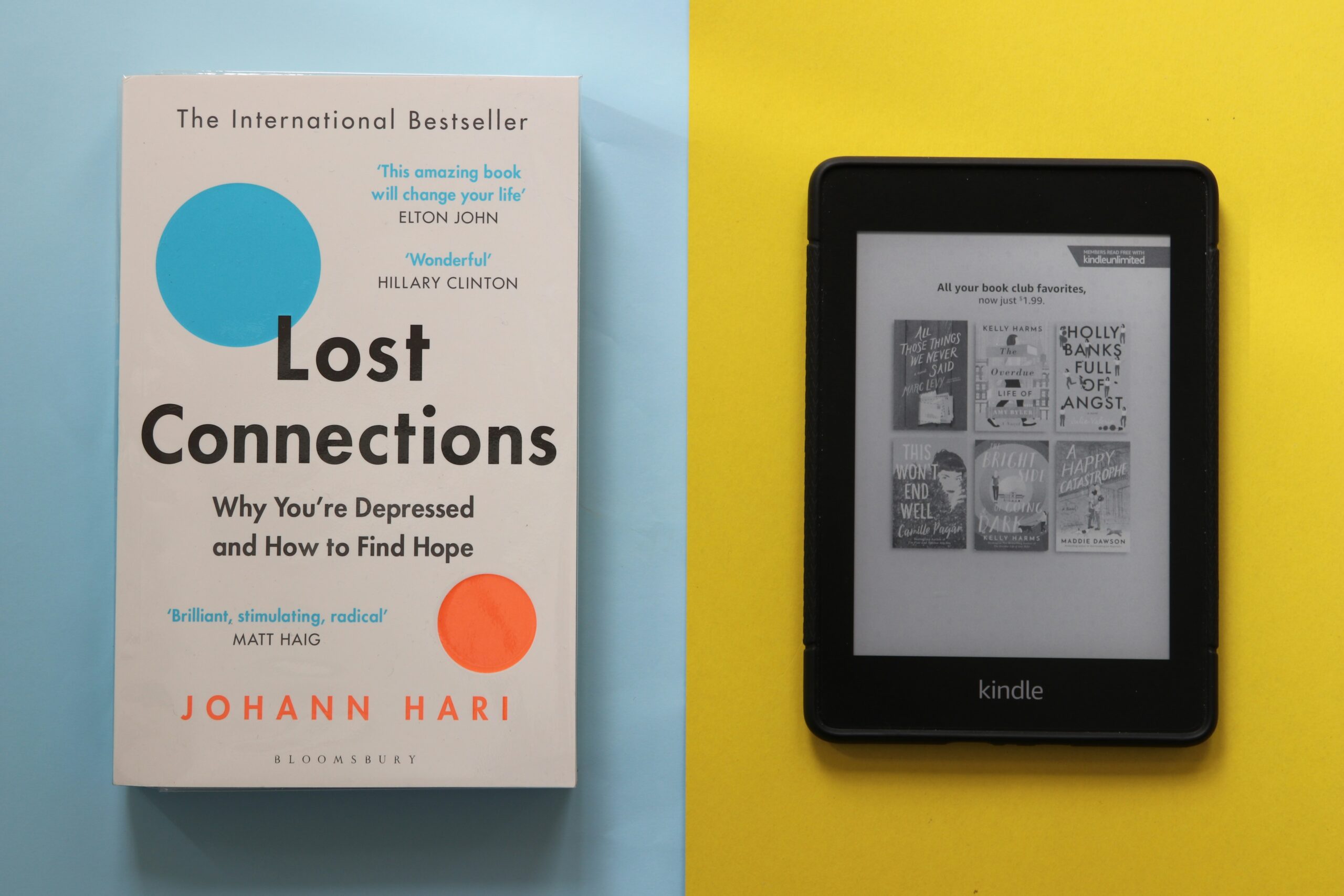
The publishing industry, especially in the education sector, is facing disruption from technological advances and changing consumer expectations. For traditional publishers, survival and growth depend on embracing a startup mindset—marked by agility, innovation, and an openness to new business models. This report delves into why adopting this mindset is essential for traditional publishers to remain competitive and thrive in 2024 and beyond.
The Need for Agility: Lessons from Successful Startups
Case Study: Cengage Unlimited
Cengage, a traditional textbook publisher, introduced Cengage Unlimited in 2018, a Netflix-like subscription model offering students access to all its digital educational materials for a flat fee. This shift marked a radical departure from their previous model and demonstrated how traditional companies can adopt startup principles:
- Rapid development: The entire product was conceived and launched within 18 months.
- Iterative improvement: Cengage continuously refined the platform based on real-time user feedback.
- Risk-taking: The company was willing to cannibalize its own profitable textbook sales for long-term subscription-based revenue growth.
Result: By 2021, Cengage Unlimited had over 3 million subscribers and saved students over $270 million, proving that taking bold, agile steps can pay off.
Psychological Insight: Overcoming the Innovator’s Dilemma
Many established companies fail to innovate due to a phenomenon known as the innovator’s dilemma—they resist change that threatens their current profitable models. Adopting a startup mindset requires publishers to:
- Embrace uncertainty and adapt to changing market conditions.
- Encourage calculated risks to foster innovation.
- Build a culture of continuous learning, where failure is seen as an opportunity to improve.
Speed and Flexibility in Product Development
Case Study: Pearson’s Pivot to Digital
Pearson, a major player in the education publishing world, has made a successful pivot to digital-first content and services:
- Accelerated digital transformation: Between 2019 and 2022, Pearson shifted 74% of its revenue to digital or digitally-enabled products.
- Rapid prototyping: Launched Pearson+ within six months, a direct-to-consumer app offering access to over 1,500 eTextbooks and tailored pricing models to suit different student needs.
- Flexible pricing models: Pearson introduced subscription tiers to cater to various budgets and learning styles, breaking away from rigid pricing structures.
Result: Pearson+ attracted 4.8 million registered users in its second year, showcasing how quickly publishers can scale digital solutions when they adopt agile methodologies.
Challenges and Potential Pitfalls
- Legacy systems and processes: Older technology stacks and workflows can slow down innovation.
- Resistance to change: Employees and stakeholders may resist unproven business models, preferring traditional approaches.
- Balancing innovation with quality: Rapid development cycles can sometimes lead to concerns about maintaining educational standards.
Data-Driven Decision Making
Future Trend: Personalized Learning Experiences
Startups excel by using data to drive product development. Traditional publishers must adopt this data-centric approach:
- Adaptive learning technologies: AI and machine learning can personalize content based on individual learning needs.
- Learning analytics: Analyzing student performance allows publishers to refine content in real-time and improve educational outcomes.
- Continuous feedback loops: Publishers should use data from user behavior to quickly iterate on product offerings.
Statistics and Data
- 89% of education leaders believe AI will revolutionize personalized learning by improving both engagement and outcomes (Educause, 2023).
- The global adaptive learning market is forecast to reach $9.11 billion by 2028, growing at a CAGR of 22.2% (Grand View Research, 2021).
Embracing Open Innovation and Collaboration
Case Study: Macmillan Learning’s LaunchPad Platform
Macmillan Learning’s LaunchPad is a product born from a startup-like approach, co-created with educators and students:
- Open innovation: Collaboration with students and educators to co-create features that meet real needs.
- Rapid iteration: LaunchPad updates every two weeks, incorporating real-time feedback to remain relevant and responsive.
- Ecosystem approach: By integrating third-party tools and external content, Macmillan expanded its value proposition beyond its proprietary offerings.
Result: LaunchPad has become one of Macmillan’s fastest-growing products, serving over 4 million students across 12,000 courses.
Psychological Insight: The Power of Collaborative Creativity
Research shows that diverse teams with psychological safety—where members feel safe taking risks—generate more innovative solutions. Publishers can create this environment by:
- Encouraging cross-functional collaboration between content creators, tech teams, and educators.
- Fostering intrapreneurship programs that allow employees to take ownership of innovative projects.
- Partnering with edtech startups to leverage their expertise and speed in developing new solutions.
Lean Operations and Resource Allocation
Future Trend: Blockchain in Publishing
Blockchain technology can offer traditional publishers more efficient operations and secure transactions:
- Rights management: Smart contracts on the blockchain can simplify royalty payments and licensing agreements.
- Decentralized content distribution: Blockchain allows secure, tamper-proof distribution of educational content.
- Micro-credentialing: Blockchain enables verified, decentralized credentialing, offering a new way to manage and recognize educational achievements.
Statistics and Data
- The global blockchain in education market is expected to grow to $1.46 billion by 2028, with a CAGR of 69.2% (Verified Market Research, 2022).
Conclusion: Actionable Strategies for Traditional Publishers
To thrive in the evolving education landscape of 2024, traditional publishers must adopt strategies drawn from the startup playbook:
- Create an innovation lab: Dedicate resources to experimenting with new technologies and business models.
- Implement agile methodologies: Adopt sprint-based development cycles for faster, more flexible product development.
- Invest in data infrastructure: Build strong analytics capabilities to inform data-driven decision-making.
- Foster a culture of experimentation: Encourage risk-taking and embrace failures as learning opportunities.
- Collaborate with startups: Partner with or acquire edtech startups to accelerate digital transformation and innovation.
- Upskill your workforce: Provide employees with training in digital tools, agile methods, and entrepreneurial thinking.
- Embrace direct-to-consumer models: Build platforms that connect directly with learners, bypassing traditional intermediaries.
By taking on a startup mindset, traditional publishers can navigate the challenges of the digital age and position themselves for long-term success in 2024 and beyond.

